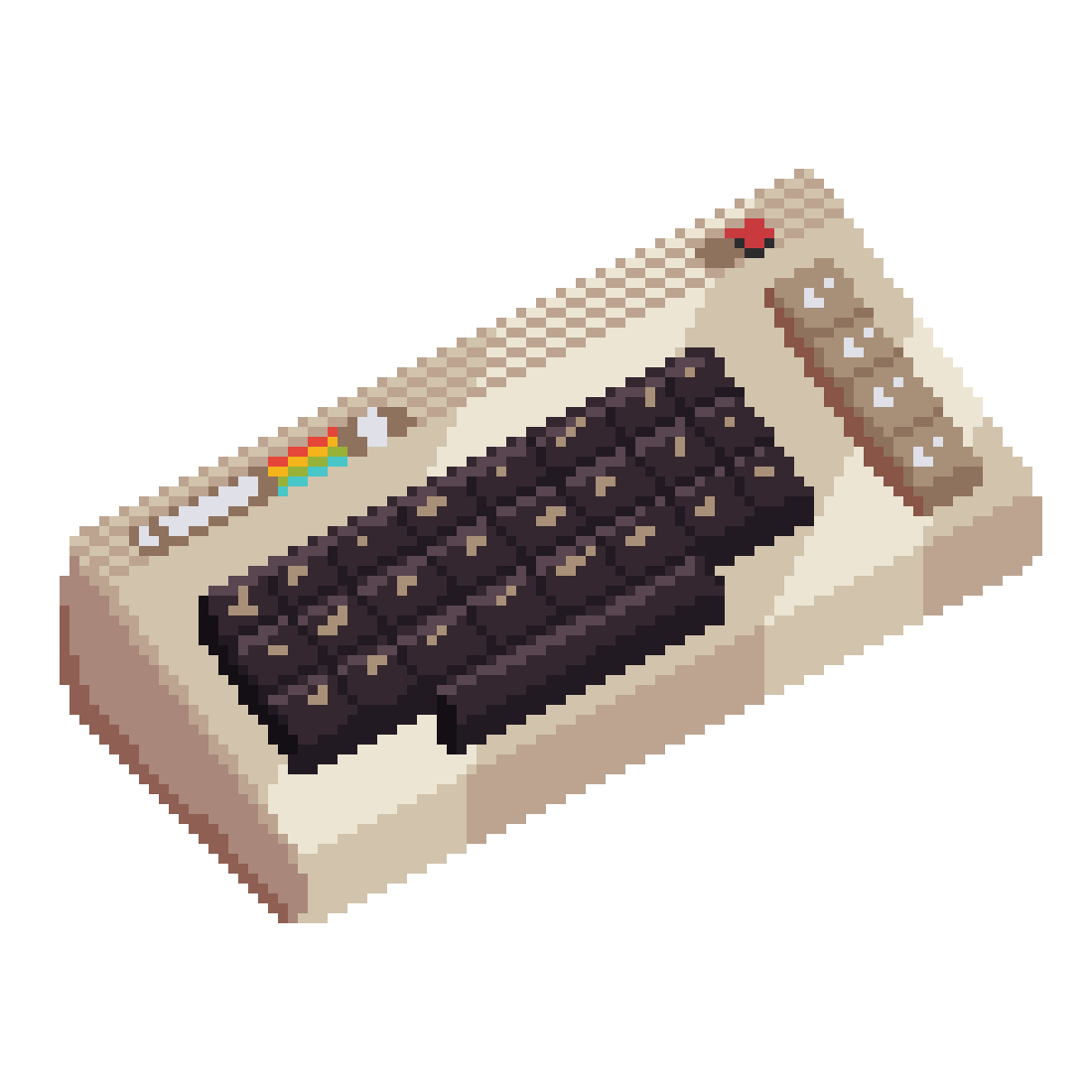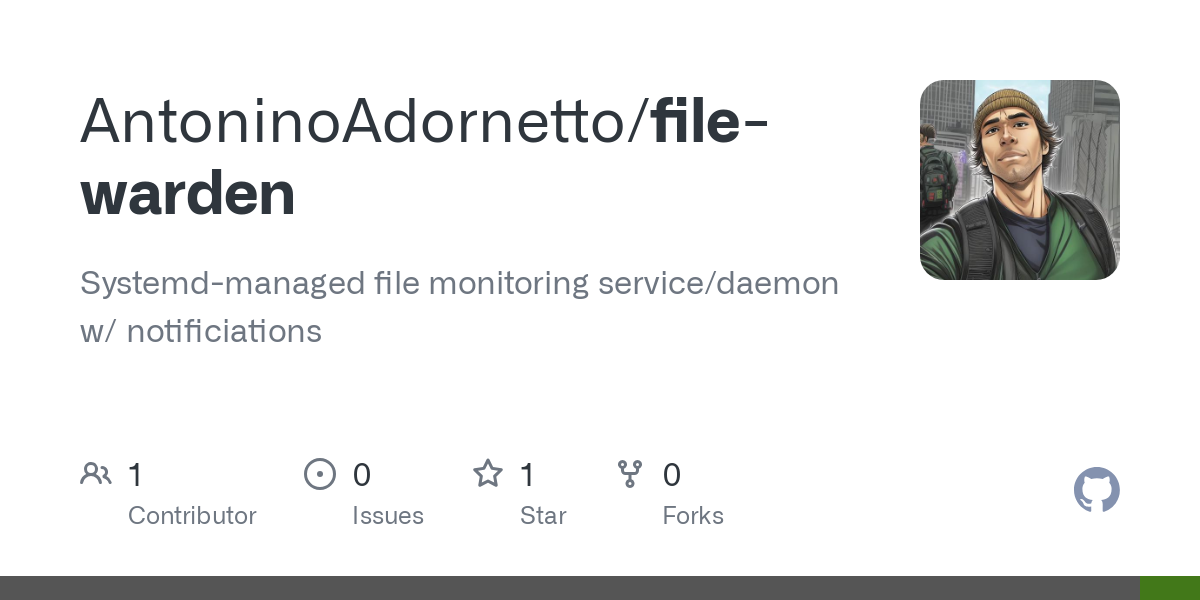General thoughts about configuration of "modern" X11 desktop apps:
Next step for my #Xmoji #X11 #emoji #keyboard will be adding runtime configuration. Sending fake key-press events has some parameters (how long to wait before restoring the keymap, which hacks/workarounds to enable for sending the events ...) that should be configurable at runtime. A history of recently used emojis should be available and persisted. There may be more things to add here later (allow multiple instances? show and use a "tray icon"?).
I already have configurations for rendering and appearance aspects. For these, I use classic #Xresources. Even if they aren't that popular any more nowadays, they're IMHO the perfect place for such things: The configuration is tied to the currently running X server. They also offer a fine-grained scheme to match settings to classes and instances (e.g. individual widgets). So, learn about them and enjoy! 
Runtime configuration is a different beast. Back in the days, you had these dialogs with the typical three buttons, "apply" made changes effective without persisting them, "ok" persisted them and "cancel" reverted anything not persisted yet. There was also often some action available to re-load the currently persisted configuration.
Well, not any more. Nowadays, the predominant user experience is applying and persisting any change instantly. This is nice, but it creates an interesting issue, which most applications choose to just ignore. If either multiple instances of the same app are allowed to run for the same user on the same host, or the configuration is stored on some network share used by multiple hosts, inconsistencies are easily possible, with multiple instances of the app having a different idea about the "current" configuration and just persisting that on any change, overwriting what a different instance might have changed.
I came to the conclusion that I shouldn't ignore that issue for Xmoji. At least for persisting the emoji history, it would be unacceptable.
So, the obvious solution is that the configuration file must be monitored, so that any "remote" change can also be applied immediately in every running instance. The naive and portable solution for monitoring is to periodically stat() the file to check the modification timestamp. On network filesystems, that's the only thing that will work. I'll probably start with implementing just that.
For local files, there are platform-specific ways to obtain notifications from the OS (or kernel), which is better (immediate notification) and more efficient. #Linux has #inotify, #FreeBSD has #kqueue. I'm currently exploring docs and doing a few pocs for these interfaces as well ... this might really take a while, let's see. 
Please comment with your thoughts about that if you have any! 
... still doable. But for scenarios where you want to watch a whole tree with potentially lots of files and directories, this is really bad and #inotify really shines.




